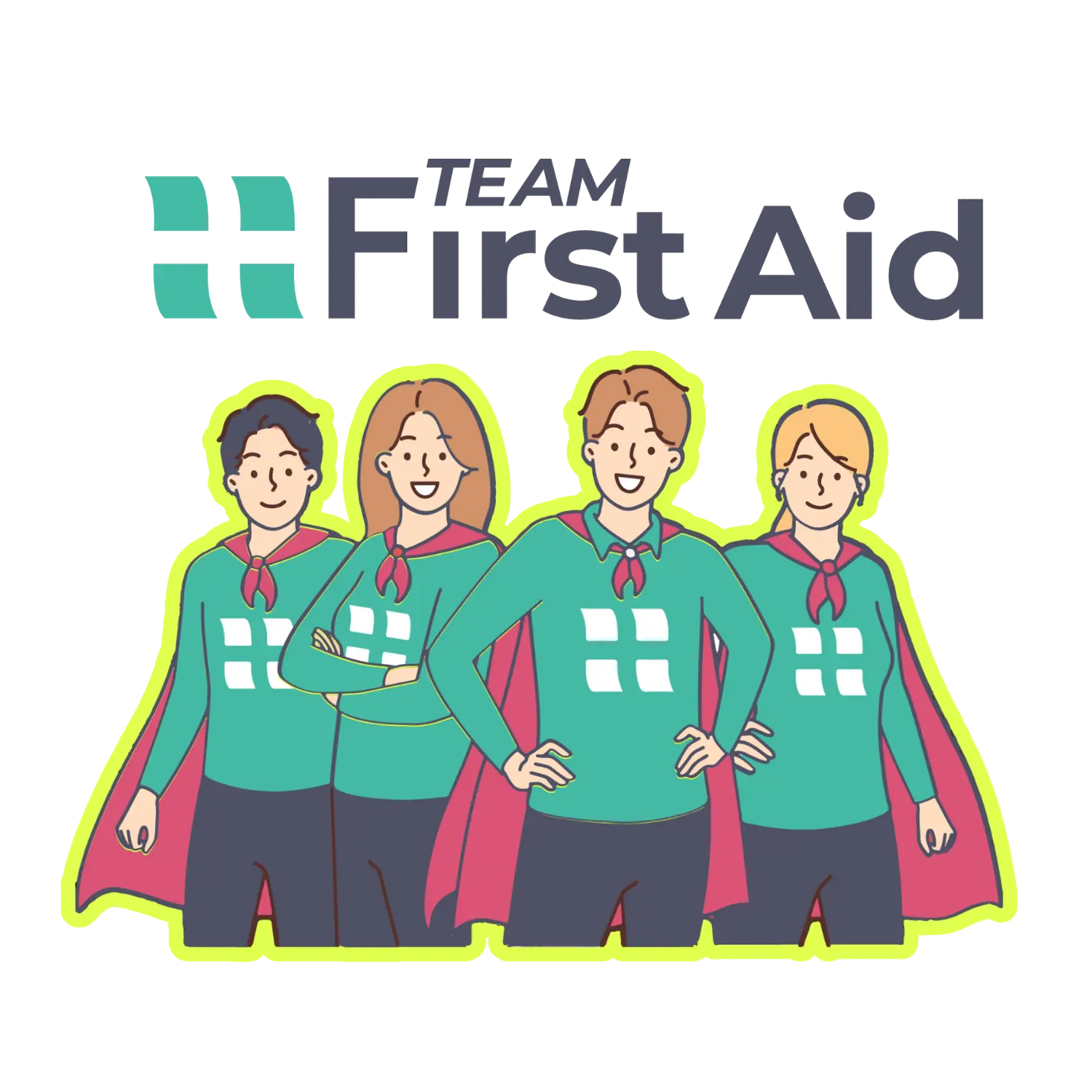Check Out Our Blog: Explore Expert Insights and Practical Tips!
Sign Up Here
Join Brisbane’s greatest safest workplaces with our easy onsite group first aid training for teams of any size!

Check Out Our Blog: Explore Expert Insights and Practical Tips!
Sign Up Here